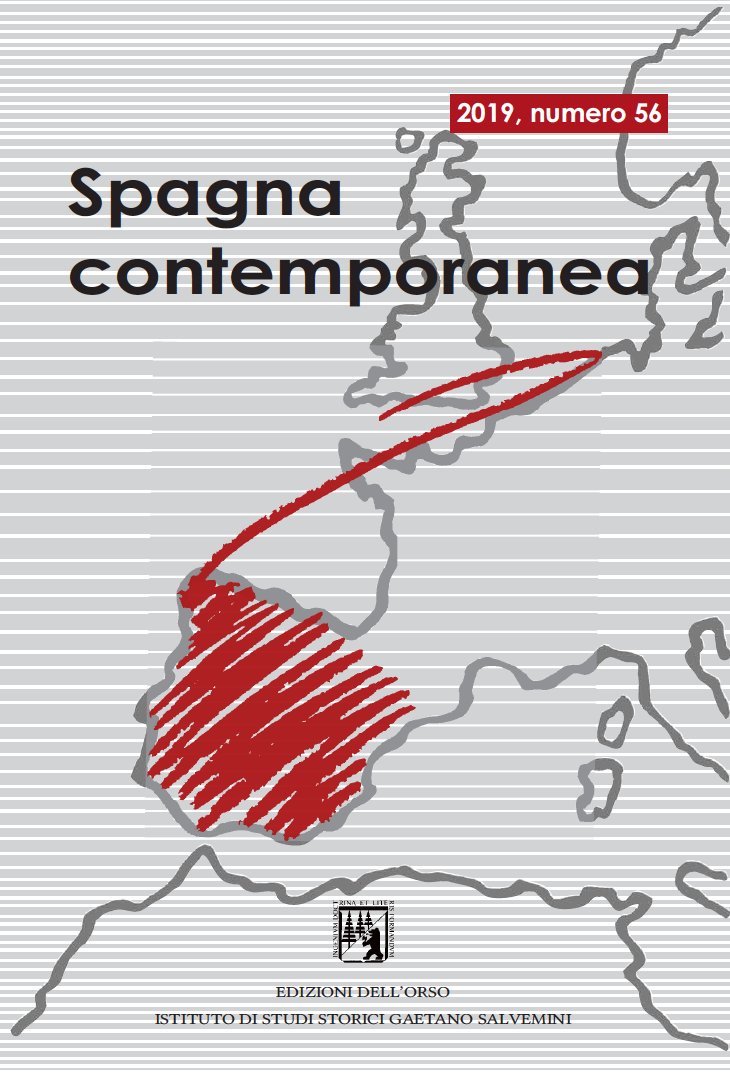«La socialización del hombre». Sociedad y educación en España de entreguerras (1923-1936)
Keywords:
Spain, Weimar Republic, Sociology, Pedagogy, Cultural transfersAbstract
«The Socialization of Man». Society and Education in Spain Between the Wars (1923-1936)
For the process of modernization of Spain during the 1920s and 1930s prior to the Civil War in 1936, the “Revista de Occidente”, its editorial and circle of Spanish and foreign collaborators played a crucial role as engines of innovation through cultural transfers. A decisive drive for innovation from the “Revista de Occidente” circle concerns the impact of German sociology. It turns out that its reception had important links with the transfer of the new pedagogy through the review “Pedagogía” whose circle of collaborators overlapped the “Revista de Occidente”. The present study analyzes the socio-philosophical innovation in Spain during the 1920s and 1930s, focusing first (1) on the reception of the German sociologist Georg Simmel (1858-1918) in the circle of the “Revista de Occidente”. Secondly (2), the pedagogical innovation impulses of the review “Pedagogía” will be explored to focus the reception of the German pedagogue Eduard Spranger (1882-1963). The conclusion gathers the results of both analytical parts to outline an answer to the question of what idea of society and education was projected through these impulses in Spain between the wars.
Received: 04-10-2019
Admitted: 08-12-2019
Downloads
Published
Issue
Section
License
Copyright (c) 2019 Istituto di studi storici Gaetano Salvemini, Torino

This work is licensed under a Creative Commons Attribution-NonCommercial-NoDerivatives 4.0 International License.



